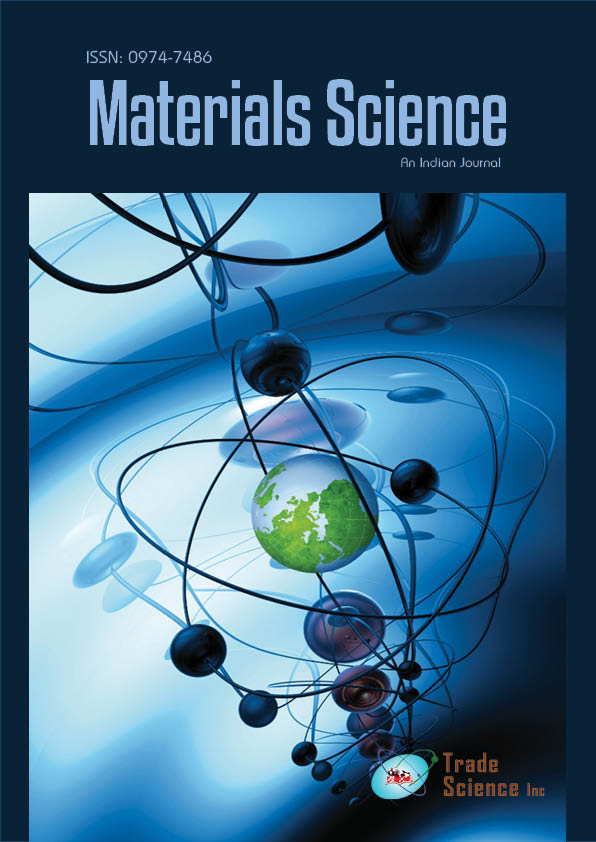抽象的な
Corrosion Inhibition of Mild Steel in 1.0 M HCl with Castor Oil Extract as Inhibitor
M. Omotioma and O. D. Onukwuli
This work presents the corrosion inhibition of mild steel in 1.0 M HCl with inhibitor of castor oil (Ricinus communis) extract. The castor oil leaves extract was characterized using Fourier transform infrared spectroscopy. Thermometric, weight loss (one factor at a time and response surface methods) and potentiodynamic polarization methods were used for the corrosion inhibition study. Spectroscopic analysis of the corrosion product and scanning electron microscopic analysis of the mild steel were also carried out. The analyses of the experimental results revealed that adsorption of the extract on the surface of the mild steel was spontaneous and occurred according to the mechanism of physical adsorption. The castor oil extract (inhibitor) exhibited optimum inhibition efficiency of 85.18%. It inhibited both cathodic and anodic reactions and acted as mixed-type inhibitor. The spectroscopic analysis of castor oil extract and corrosion product showed that asymmetrically stretched N-O at 1477.44 cm-1 peak shifted to symmetric stretched N-O at 1292.28 cm-1 peak, stretched C≡C at 2434.10 cm-1 peak shifted to 2310.66 cm-1 and stretched O-H at peak of 3637.64 cm-1 shifted to 3575.92 cm-1. The variation of the number and the nature of the shifts indicate that there is synergy among the functional groups of the castor oil extract in the corrosion inhibition process.
